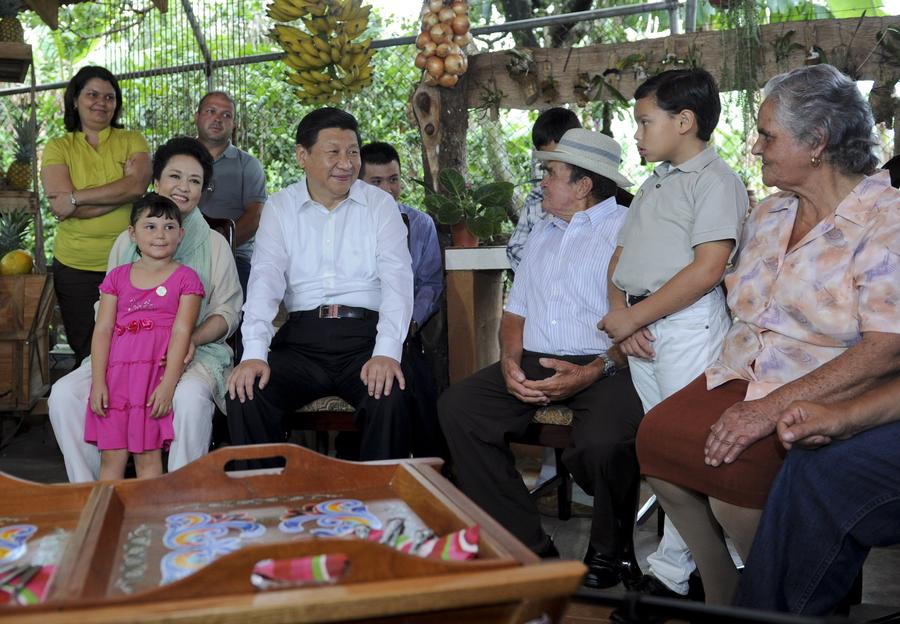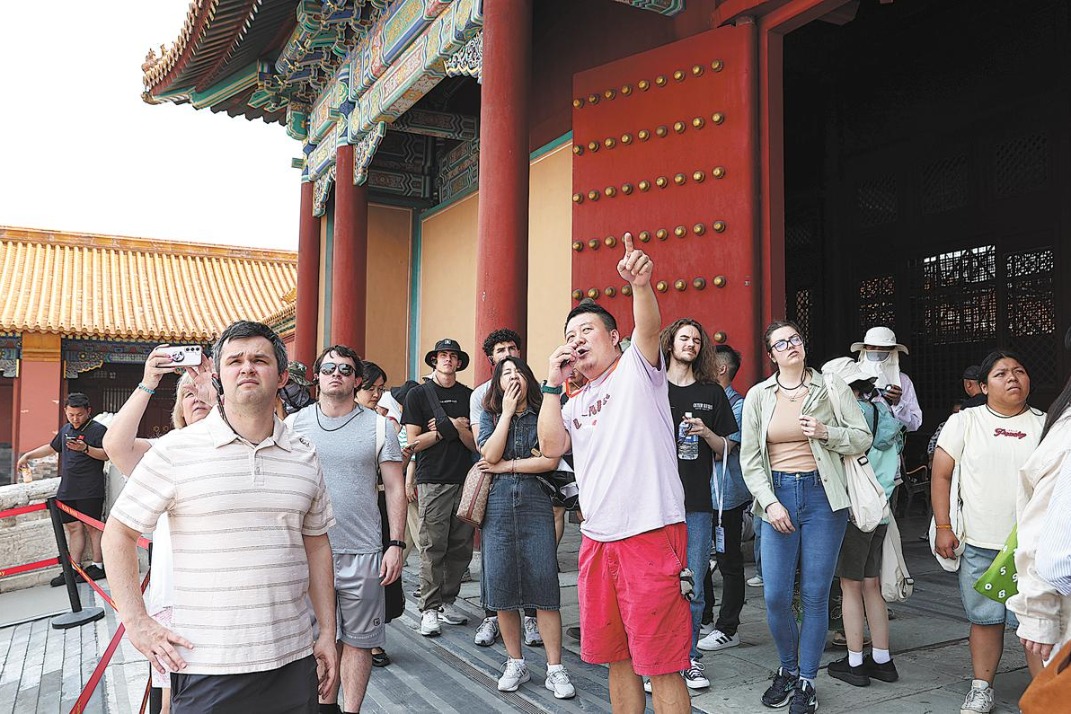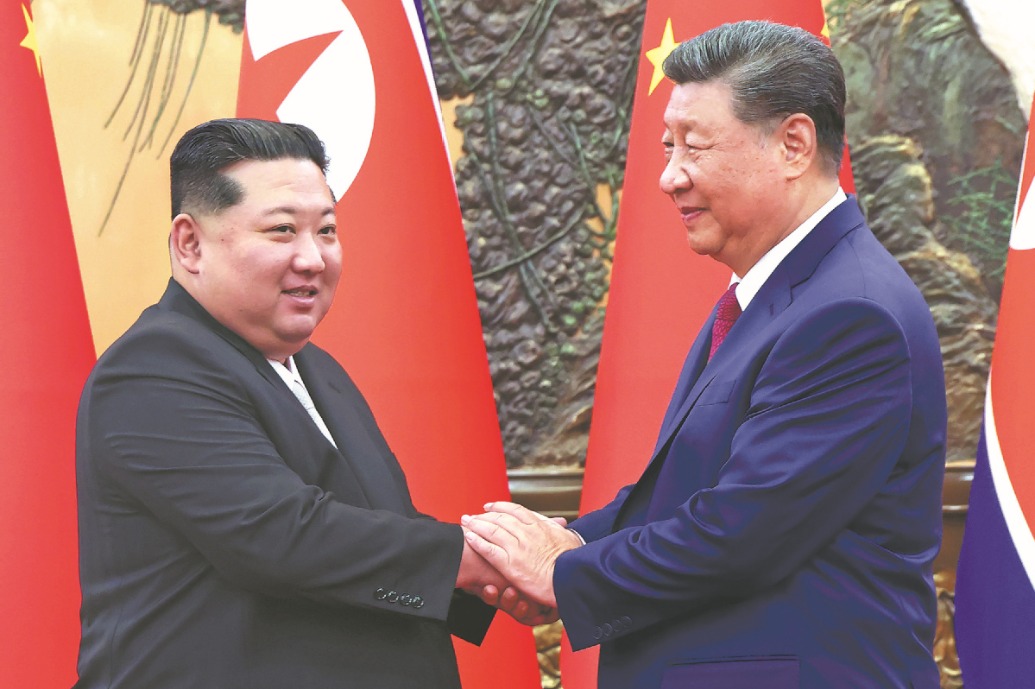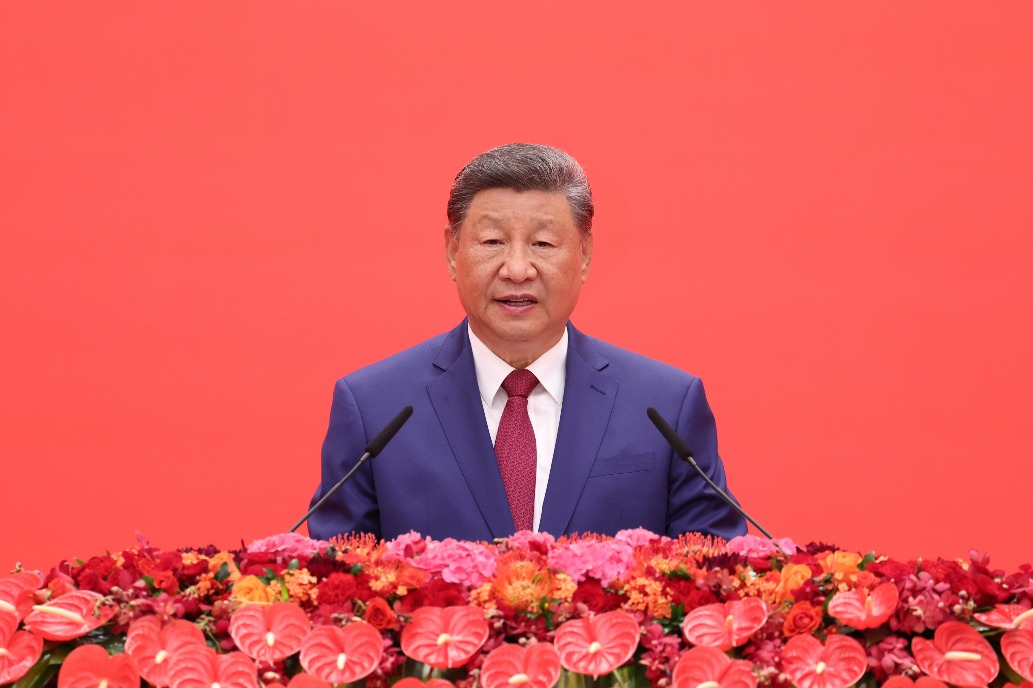Xi Jinping -- advocate for a fairer world


Months after taking over Chinese presidency in 2013, Xi travelled halfway across the world and paid a state visit to Costa Rica. During the trip, he chose a coffee farm as one of his stops. Sipping a freshly brewed cup, he said: "Seems to me, there's room to export more coffee to China."
The remark foreshadowed a broader pledge. China will keep its doors open and share the dividends of growth, Xi vowed. "Welcome aboard the fast train of China's development," he stated on several occasions.
Also in 2013, Xi unveiled his signature Belt and Road Initiative (BRI). More than a decade on, the results are tangible. Freight trains now thunder between Chinese cities and European capitals. Kenya's modern railways and revitalized ports are remaking the East African landscape.
On top of deepening economic linkages, Xi promotes a governance model that breaks with what he views as an outdated relic of colonialism, the Wall Street Journal once commented.
Xi has consistently argued that development holds the master key to achieving that goal -- a conviction shaped by his own life experiences. In the late 1960s, as one of China's "educated youth" sent to the countryside, Xi lived among struggling villagers in northwestern Chinese Shaanxi province.
"One thing I wished most all the time," he recalled decades later in a speech in the U.S. city of Seattle, "was to make it possible for the villagers to eat meat to their heart's content."
Today, Xi is leading China on the path towards modernization. As a leader with a global vision, he also hopes that China can walk the path of modernization with all countries.
"On the road to the wellbeing of all mankind, no country or nation should be left behind," Xi said.
























